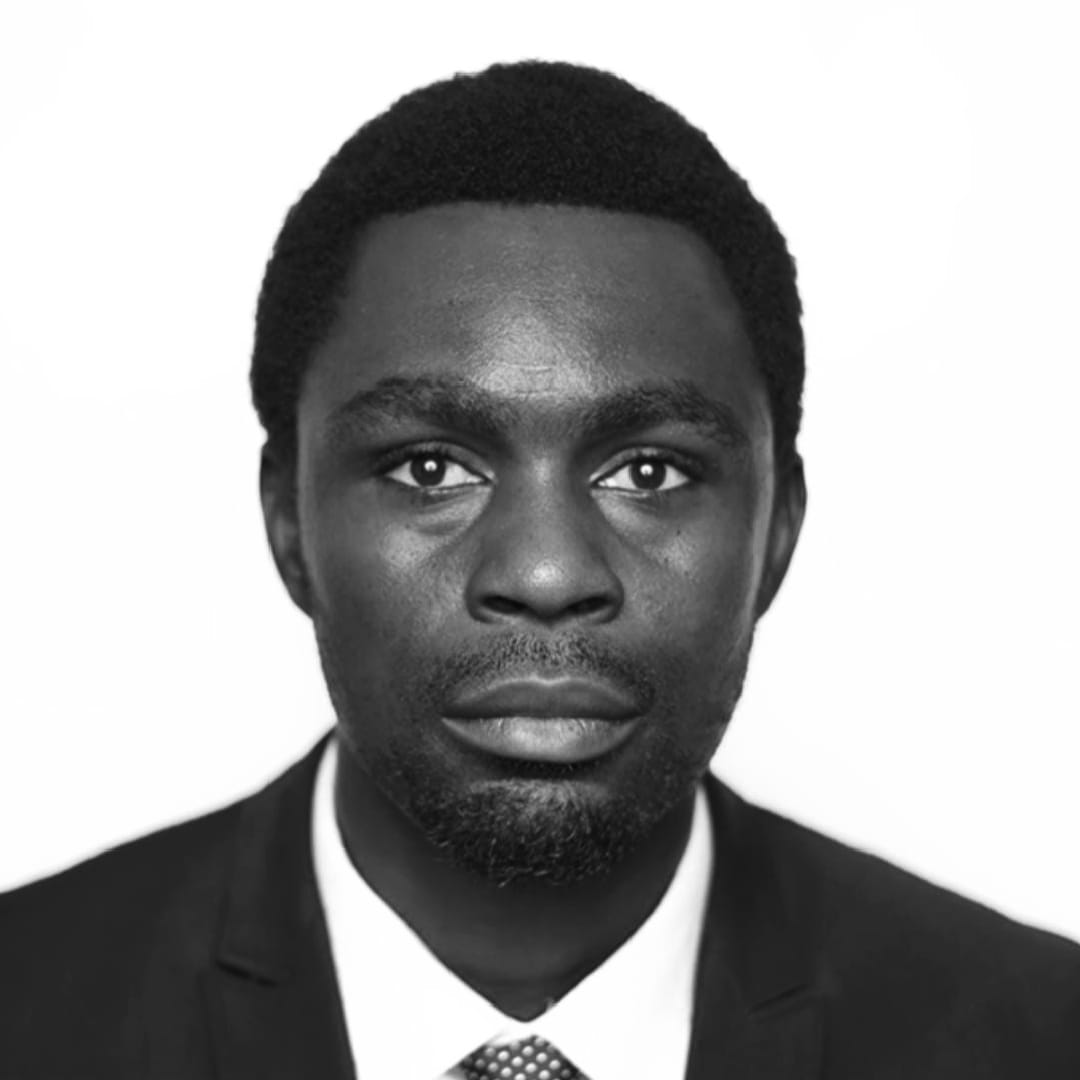- Business/Economy
- No Comment
The Story Of Ndigbo In Nigeria Today: Strength Under Siege

11th August 2025, NewsOrient, Opinion, Column, News, Governance And Development
By John Chukwu Anyim
The story of Ndigbo in Nigeria is one of grit, innovation, and unyielding determination in the face of systemic neglect.
Emerging from the wreckage of the Nigeria Biafra Civil War, the Igbo people were stripped of their wealth, denied justice, and politically weakened. The infamous £20 policy, which returned a mere twenty pounds to every Igbo person regardless of their pre-war fortunes, was a calculated economic blow. Yet, from this economic sabotage, Ndigbo refused to fade away. They turned despair into drive, building markets, factories, and businesses that today are lifelines to Nigeria’s economy.
From the roaring commercial hubs of Onitsha and Aba to the industrial heartbeat of Nnewi and the skyscraper boardrooms of Lagos, the Igbo spirit has transformed wastelands into opportunities. Across Nigeria, they are known as builders of wealth, of communities, of hope. But behind the applause for their entrepreneurial prowess lies a reality too bitter to ignore: politically, Ndigbo remain shut out of the highest levels of power. Since the end of the civil war, no Igbo has been elected president, and in recent years, strategic positions especially within the national security architecture have been dominated by other regions, leaving the Southeast voiceless in critical decisions.
This exclusion is not an accident; it is justified by long-standing stereotypes. Political opponents dismiss the Igbo as “too ambitious,” “politically naive,” or “unreliable allies.” These labels are not only false they are dangerous. They ignore the reality that in almost every Nigerian city, Igbo investments sustain local economies, create thousands of jobs, and generate tax revenue. The same people whose sweat oils the nation’s economic engine are often treated as outsiders in their own country.
Inevitably, injustice breeds resistance. The rise of movements like the Indigenous People of Biafra (IPOB) is a symptom, not the cause, of Nigeria’s Southeast tensions. These groups have found fertile ground because they speak to a deep well of frustration and alienation. Instead of addressing these grievances with dialogue and reform, the state has responded with force raids, arrests, and military crackdowns. This heavy-handed approach has not restored unity; it has widened the gap between Ndigbo and the Nigerian state, feeding mistrust on both sides. A country cannot trample on a people’s dignity and expect loyalty to remain unshaken.
Ndigbo are not asking for favors; they are demanding their rightful place in Nigeria’s governance. They seek a nation where equity is not just a slogan but a reality, where the child of an Igbo farmer in Abia has as much chance to lead as the child of a herdsman in Katsina. This means fair representation in federal appointments, sincere respect for the Federal Character principle, and a recognition that unity is built not through suppression but through inclusion. Justice for Ndigbo is not charity, it is the foundation for national stability.
The truth is as clear as the midday sun: Nigeria needs Ndigbo as much as Ndigbo need Nigeria. Remove Igbo enterprise and watch the economy stagger; strip away Igbo resilience and watch the idea of unity crumble. The choice before Nigeria is urgent and stark embrace fairness and heal the wounds of the Southeast, or continue down a road that risks the disintegration of one of Africa’s most promising nations. The clock is ticking, and history is watching.
~ Published By NewsOrient Network
For News, Inter
views, Special Events Coverage, Advertisements, Corporate Reports, etc., Contact:
Email: Newsorientng@gmail.com
Website: https://newsorientng.com
Phone: +2348023165410; +2348064041541
